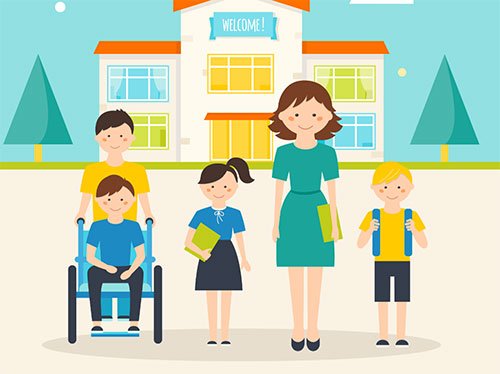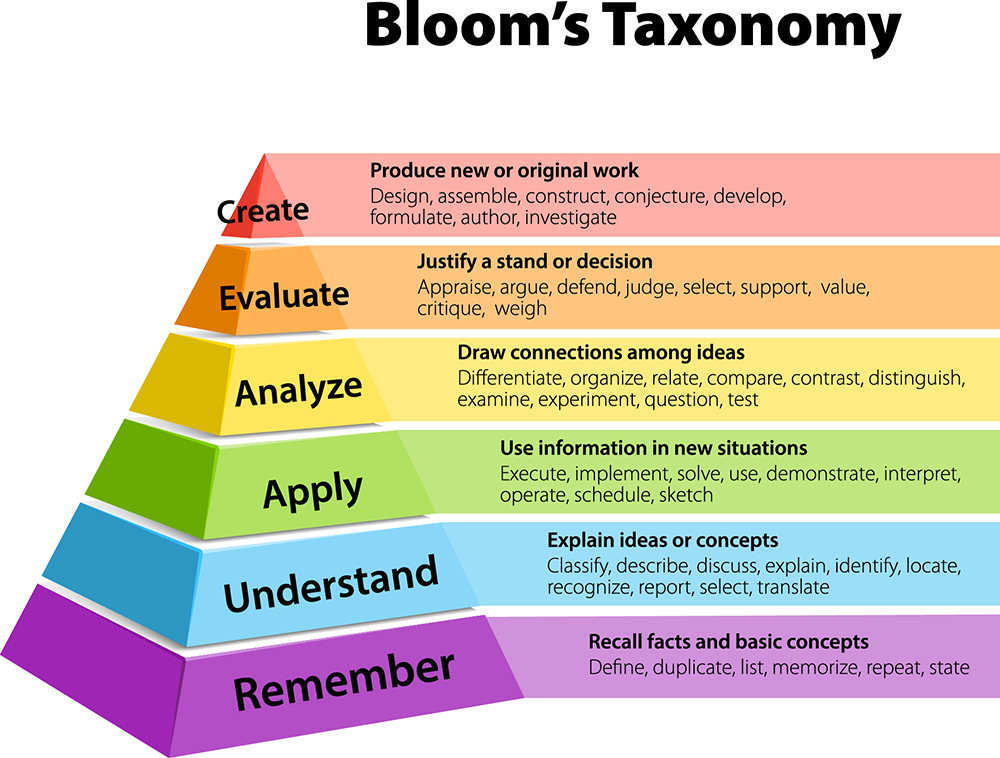Among the billions of fields out there, education has had a fair share of changes over time as well. As they say: Change is the only constant. This applies to every possible thing under the sun. Educators all around the globe are committed to providing the quality experiences to the students.

Every few years, there comes something new in the area of education, and administrations use these trends to motivate students to stay engaged in learning. The schools all over the world are embracing the future. Here you have the emerging trends of the 21st Century.
Blended Learning
Online and offline ways of learning complement each other in case of blended learning. As the name suggests, it is a blend of the digital method in a traditional classroom. Blended learning objectives have their application in professional development as well. This means that it is not only limited to just schools.
Although it was developed back in the 1960s, there was no critical mention of it before the late 90s. At times, people also refer it to as hybrid learning and web-mode instruction.
This is one of the e-learning best practices that are in trend these days. Let us discuss others in detail below.
Inclusive Education
Everyone here has the right to study and participate in education. Inclusive learning is about allowing each and every one to involve and make progress the education curriculum.
Although the concept is a recent one, the educators are taking time to adapt to the changes. Inclusive education has allowed the educators to understand the needs of every student better so that they all get the support in the least restrictive way.
It is essential because no matter what socio-economic class or community a student belongs to, children love to learn, play, grow, and nurture together. So many people opt for education loans to get financial freedom for the education expenses of their children. They want quality and equality in return.
Bloom’s Taxonomy
Under the leadership of an educational psychologist, Dr. Benjamin Bloom, the Bloom’s Taxonomy took birth way back in the 1950s. It was designed to eradicate rote learning and promote much better forms of thinking.
The three pillars that carry the mass of Bloom’s taxonomy are the cognitive domain, affective domain, and the psychomotor domain. The cognitive domain tells about knowledge, effective one is all about the emotional ability and the last one; psychomotor domain describes the manipulation skills.
The Bloom’s Taxonomy is often represented by a pyramid which consists of six intellectual levels, namely; knowledge, comprehension, application, analysis, synthesis, evaluation.
Project-based Learning
Well, adults learn so much from their real-life problems and situations. They understand the world through these challenges. Although hearing about something can make us learn, practicing it on our own will make us aware of the implications and application of that particular stuff.
When given a task to accomplish, children will come in groups and then discuss the problem. That way, they will understand the importance of teamwork, which is necessary to be a successful person in an extended run.They can even practice it professionally if they study for IT leadership online. If your are into brainstorming and teamwork, this is the best career for you.
Then they will collect the essentials to complete the project on time and will also address the issues at the end. That’s how they learn to deal with the deadlines. The learning through project-based mode is helpful in provoking the thinking of students to transform them into serious people.
School incurions are also becoming very popular when it comes to project-based learning. Reptile Encounters comes into schools and allows students to get hands on with a range of wildlife including snakes, lizards, turtles, birds and mammals. This type of interactive learning has been shown to increase creativity in the children as well as improve development.
Final Words
The core idea behind all these learning methods and trends is to keep the students engaged in the class. When the teaching methods get interesting, students learn better than ever before. We hope that such advancements keep in the education sector to improve learning among the students.
Read Also :
- Ten Ways Technology Is Impacting Modern Education
- 5 Questions To Ask Yourself While Finalizing An E-Learning Platform For Quality Education
- Upcoming Educational Trends In 2017

























